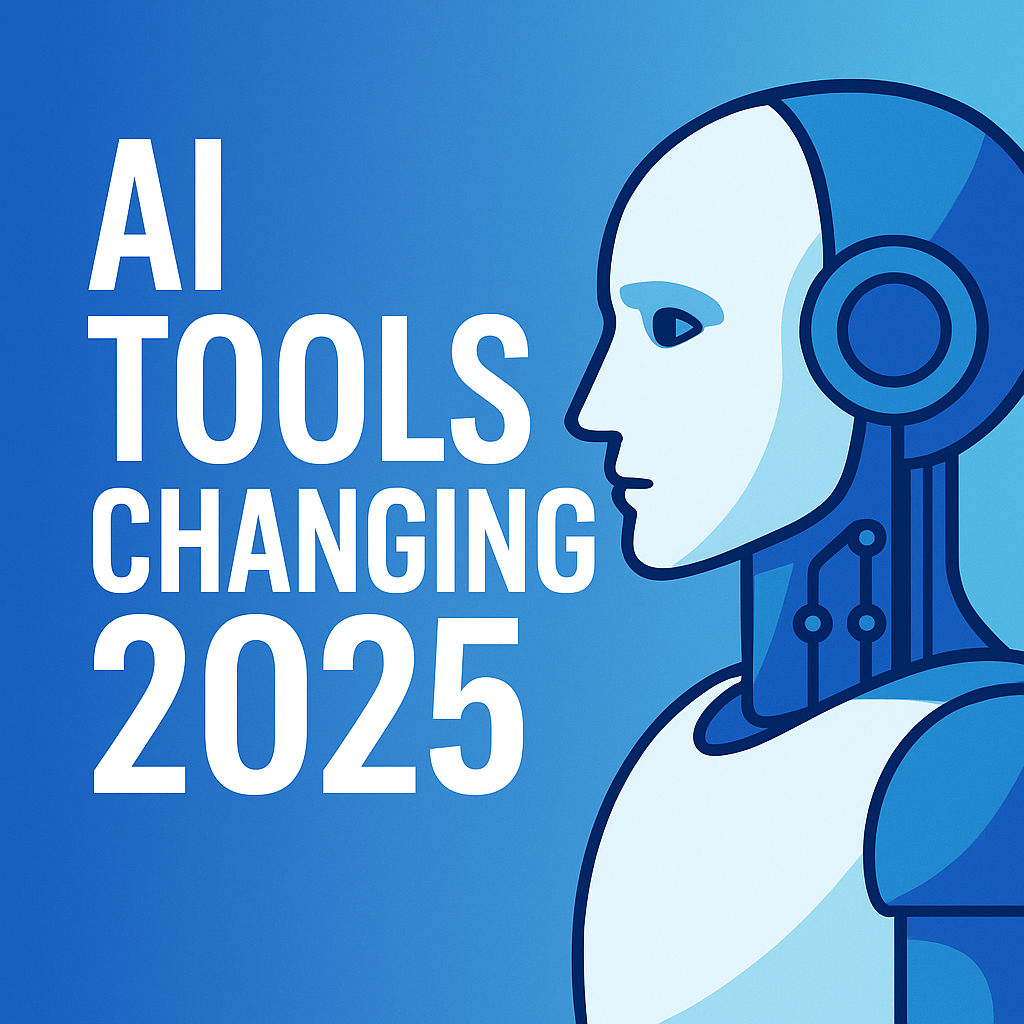What AI Still Can’t Do
Artificial Intelligence is transforming the way we learn, work, and connect. From algorithm-driven classrooms to automated news feeds, AI is everywhere — fast, powerful, and always learning. But here’s the truth: some skills remain out of its reach. And those human skills? They’re more essential than ever.
This post uncovers the timeless talents AI can’t duplicate — the very things that make us us. These aren’t just “soft skills.” They’re survival skills for a future where technology and humanity must coexist.
If you missed it, check out our deep-dive post Future-Proof Skills to get the full picture of how the job landscape is changing.
1. Emotional Intelligence: Humanity’s Hidden Superpower
AI might recognize a smile, but it can’t feel joy — or understand what caused it. Emotional intelligence (EQ) is about navigating emotions, not just noticing them.
It’s the bedrock of:
-
Conflict resolution and mediation
-
Team-building and communication
-
Empathetic leadership and care work
-
Building trust in workplaces and communities
While machines process data, humans process feelings. That’s why careers in teaching, therapy, nursing, and leadership remain deeply human.
See how EQ plays a role in education by reading AI in Classrooms, especially how teachers create emotional connections that tech can’t.
2. Creativity: Ideas That Aren’t on the Grid
AI can remix. But only humans can originate.
Creativity isn’t about randomness; it’s about insights rooted in lived experience, culture, emotion, and instinct.
Why we still lead:
-
Creativity sparks invention, from branding to biotech.
-
It’s the core of storytelling and marketing.
-
It unlocks solutions data can’t anticipate.
AI can generate, but it can’t feel creative flow. That’s why designers, musicians, writers, and strategists will always be in demand.
Read How Digital Creators Use AI Without Losing Their Voice.

3. Ethics: The Moral Compass AI Lacks
AI makes decisions. But only humans ask if they should.
Ethical judgment involves values, culture, and empathy — all outside the scope of code.
Consider this:
-
Should AI decide who gets a loan or a life-saving procedure?
-
Can an algorithm detect bias, or reinforce it?
-
What happens when automation overrides accountability?
Jobs in law, governance, ethics committees, and journalism rely on human context. AI can’t understand consequences — it just calculates them.
For more, see our post AI Replaces Everything.
4. Critical Thinking: Beyond Data Crunching
AI can sort facts. But critical thinkers ask why they matter.
What sets us apart:
-
Challenging assumptions
-
Weighing complex scenarios with no clear answers
-
Making judgment calls under uncertainty
Professions in research, emergency response, and strategic planning require agility, not just analysis.
Ready to sharpen your mind? Don’t miss Study Hacks That Actually Work — it’s packed with practical tools.
5. Leadership: Inspiring the Human Side
Would you follow an AI into a crisis? Leadership is more than logic — it’s emotional courage.
Humans lead by:
-
Inspiring teams through uncertainty
-
Navigating interpersonal conflict
-
Communicating vision in messy, real-world settings
AI can offer suggestions. But it can’t spark trust or loyalty. Leadership thrives in startups, schools, politics, and global change movements — and it will never be outsourced to machines.
Explore how leadership intersects with remote trends in The Future of Remote Work and Education.
6. Physical Dexterity: When Touch Matters
From threading a needle to flipping an omelet, human hands still win.
AI-powered robots lack:
-
Fine motor precision
-
Real-time physical adaptation
-
Tactile intuition
Jobs like surgeons, electricians, chefs, stylists, and athletes demand a blend of muscle memory and on-the-spot decision-making.
AI may assist, but it won’t replace the finesse of the human body.
7. Culture & Context: The Human Lens
AI interprets patterns — not culture.
From humor to heartbreak, culture is fluid, lived, and rooted in meaning. That’s why storytelling, branding, and content that resonates require real-world context.
Roles in film, marketing, public speaking, and journalism require sensitivity to shifting narratives. AI may write scripts, but humans write stories that move people.
Learn more in Why TikTok Trends Work, a breakdown of what makes viral content click.
8. Curiosity: The Fuel of Lifelong Growth
AI learns what it’s programmed to. But curiosity? That’s self-driven.
Humans:
-
Explore beyond instruction
-
Combine unrelated ideas
-
Learn for the joy of it
Curiosity keeps us evolving as the world changes. The best career plan? Keep learning.
Subscribe to our Education Hub for weekly insights that push your potential.
Bottom Line: AI Can’t Replace What Makes You Human
Want to stay irreplaceable in an AI-driven world?
Double down on:
Empathy, ethics, and emotional skills
Creativity and cultural insight
Curiosity and continuous learning
Real-time leadership and critical judgment
Because even in the age of automation, people still want to work with people.
Additional Resources
Want to outlearn the bots? Subscribe to ZORA for weekly strategies on how to grow your skills, shape your career, and stay ahead in a world full of tech — without losing your humanity.





